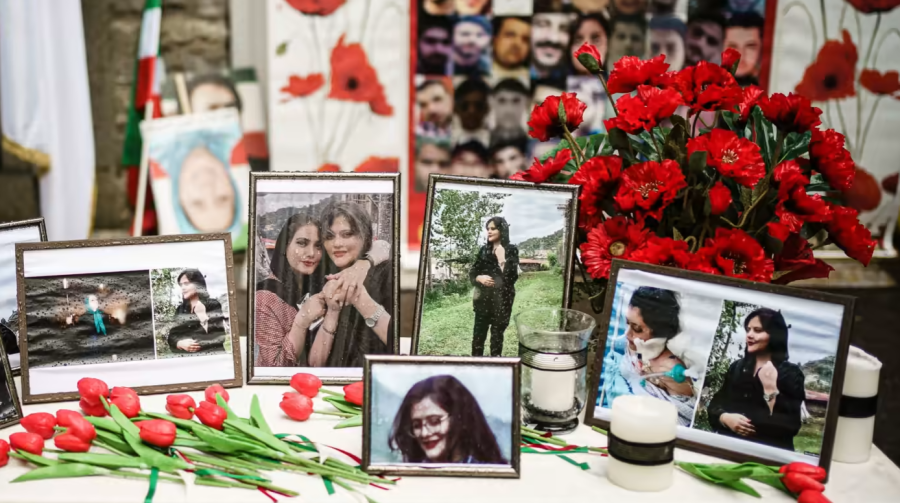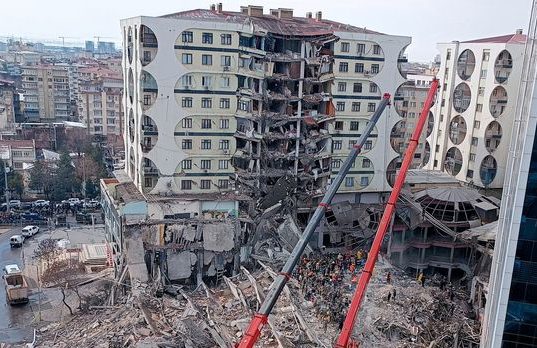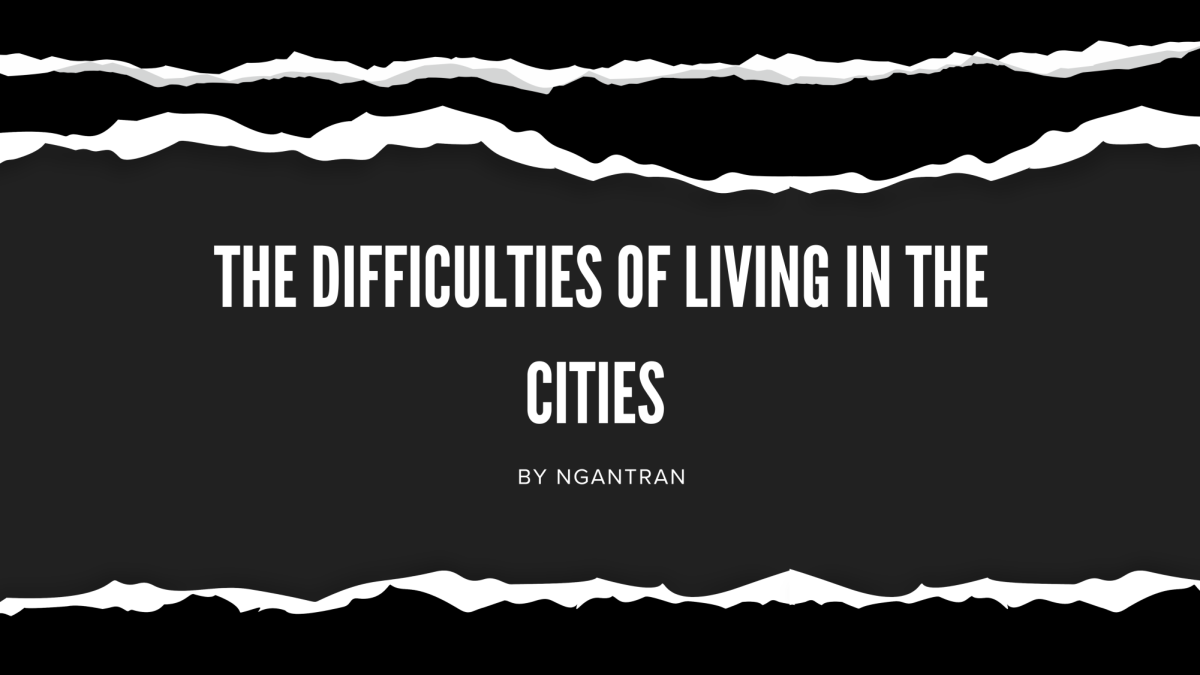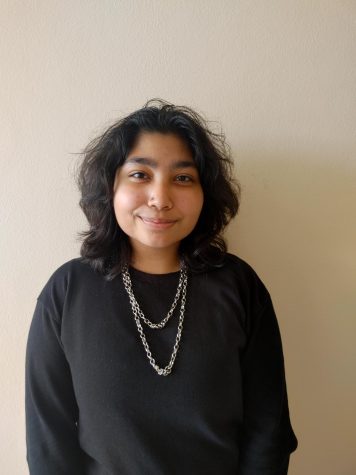Mahsa Amini was a 22-year-old Kurdish woman who had been arrested in Tehran, Iran, on September 13th and fell into a coma while in police custody. Three days later, she died in the hospital. Witnesses claim to see her be beaten by the “Gashte Ershad,” or the “Morality Police.”
The reason for her detainment was the alleged breaking of hijab rules.
Since the Islamic Revolution of 1979, women, in particular, have been forced to oblige the rules of Islamic modesty. It includes wearing a full headscarf with minimal to no hair peeking out and fully covering the body.
Police deny claims of them being at fault for her death, affirming the cause of death was a heart attack. However, according to her family, she had no medical issues. There’s also evidence of brain trauma due to blows to the head. These include crushed brain tissue, blood from her ears, and bruises under her eyes. The official report of her having a heart attack is improbable and another example of the extent of the oppressive regime.
Now, sparks of protest have riled up in the streets of Iran, demanding women’s liberation and justice for Amini alongside the victims before her.
On September 17th, Mahsa was buried in her hometown Saqquez of the Kurdistan province. During the ceremony, there were chants of “death to the dictator” amidst women taking off their hijabs. What started as a funeral to mourn Mahsa’s loss escalated into a powerful protest that Iranian forces raided. Shots were fired, and protestors were reportedly injured and arrested.
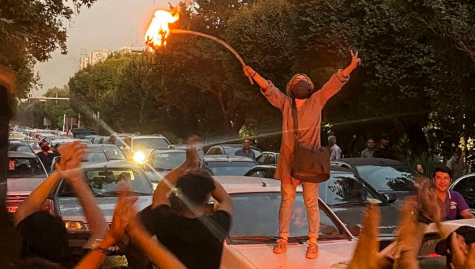
The incident has led to nearly a week-long of political unrest within the streets. Women have been ripping their headscarves off and burning them to fight back against the oppressive Iranian hijab law. Some videos have circulated showing protestors on top of cars and marching around bonfires.
Authorities have killed ten of these protestors, many of them being young women.
The movement is rapidly growing, and the Iranian government is putting in an effort to extinguish its flames. They’ve shut down the internet in parts of Tehran and Kurdistan and restricted access to apps such as Instagram and Whatsapp.
These restrictions have put Iranian civilians in even more of a vulnerable place, unable to share videos and pictures of their mistreatment by authorities.
Islam is a religion that promotes your ability to choose the course of your life. It’s a peaceful religion that does not force women into a hijab. Governments like Iran misconstrue its teachings to force all citizens into a lifestyle no matter their beliefs. With the Western-centered focus shown to us on news from the Middle East, it’s important to remember that Islam and Muslims are not the enemy, nor are different faiths or secularism. The real enemy is the oppressive regimes that strip away one’s right to bodily autonomy and the right to choose.


